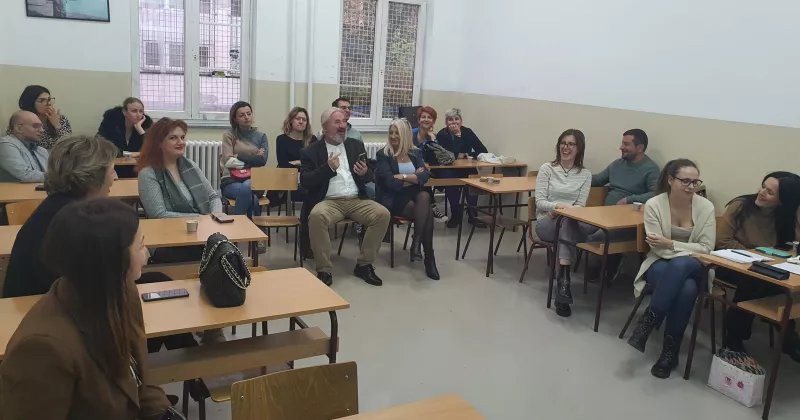Debate about Workplace Learning: Emerging Issues
In terms of adult educators, the problems related to learning in the workplace fall into two main categories.
1. The first is to understand and reveal how individuals solve workplace problems through learning, which are becoming increasingly complex and even difficult to notice. Some of these problems are:
a. to bring interdisciplinary teams and work together in integrating new technologies and improving the flow of business processes,
b. to end inequalities and prejudices in the workplace, and
c. to allow individuals to become aware of their own power to change the conditions of their work.
Unlike social scientists, educators, helping people learn, want to use what they have uncovered about people learning on the job. Therefore, information about the learning process in the workplace is often rapidly transformed into information about workplace pedagogy.
2. The second category of workplace learning problems that engage the minds of adult educators is to understand how certain groups of workers learn.
In this sense, the groups that the educators are interested in are the excluded masses, because there is basically a concern about meaningful and humanitarian work and reasonable income and access. Therefore, recent interest focuses on:
a. learning processes and learning needs of older workers,
b. people with disabilities,
c. racially discriminated groups,
d. new migrant workers,
e. low-income workers working in precarious jobs, and the like.
Both of these subject categories has led to a shift towards the systemic perspectives, the theories of identity and literacy, the concepts of power and politics, which are the concepts discussed in prior literature review.
Apart from adult educators, other groups have focused on understanding workplace learning processes as well as ways of:
a. better teaching,
b. supporting,
c. planning,
d. organizing,
e. preparing and
f. improving workplace learning,
g. as well as workplace pedagogies.
For example, human resource development experts, with different literature review and terminology, aim at improving organizations, individuals and careers; and increasing often productivity and welfare of a work in the workplace learning process.
On the other hand, professional operators and managers have recently begun to examine the processes in the workplace where groups develop, share and store information, correct applications, and solve problems with regard to workplace learning.
In fact, the nature and organization of the business has changed rapidly in the last decade due to the impact of globalization. In this period, learning has become a lightning rod that attracts all kinds of new interests rather than educational debates. Today's so-called knowledge economy has created the demand for new people who learn to be creative and entrepreneurial in order to stay competitive.
New technologies and environments have fundamentally changed what and how individuals learn in the workplace. Pressure is being pushed to integrate migrant workers into organizations throughout North America and Europe; This puts important issues on the agenda of learning in the workplace that fundamentally shake traditional educational orientations such as equality in workplace, participation, gender and race politics.
Therefore, it is not surprising that interest in workplace learning has been increasing since the mid-1990s. This acceleration has spread to different fields including business sociology, social technology studies, economics, feminist studies and industrial relations. Although each group tends to define the framework of learning concepts according to their specific objectives, there are naturally conflicts between these groups in terms of workplace learning.
References
Farrell, L., and Fenwick, T. (2007). Educating the Global Workforce? In L. Farrelland T. Fenwick (eds.), Educating the Global Workforce. London: Routledge.
Fenwick, T. (2008). Understanding Relations of Individual-Collective Learning in Work: A Review of Research. Management Learning, 39(3), 227–243.





